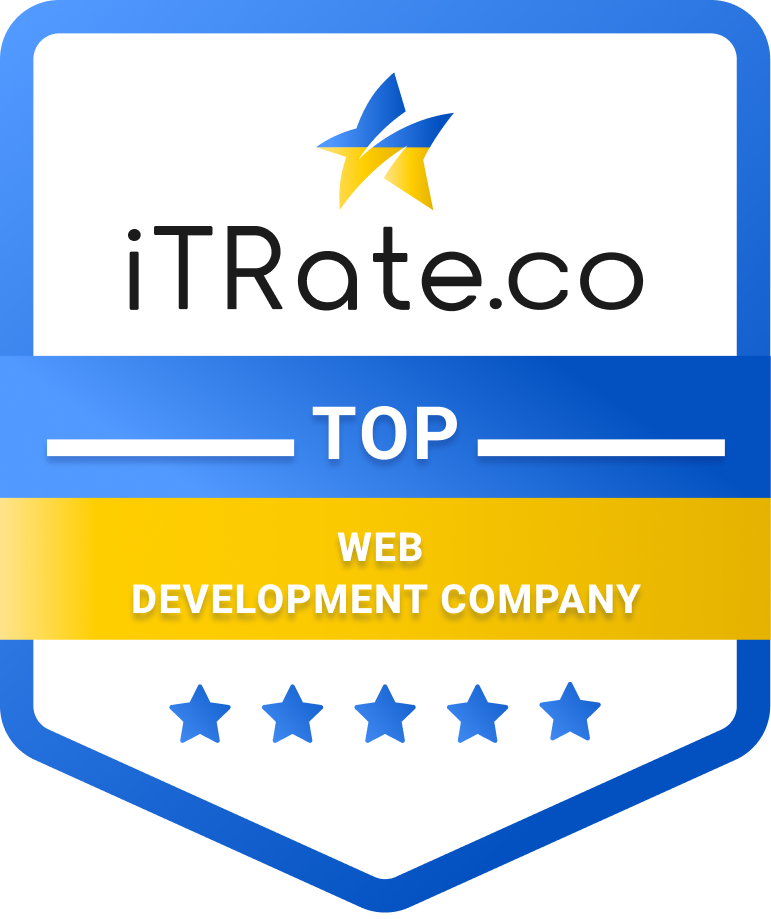A little-known fact about monkeys is that we love to make choices. One of the biggest choices that web developers and site owners make is which Content Management System, or CMS, to use when creating a site. Choosing the right one can be harder than choosing which little monkey jumping on a bed will be next to fall off and bump his head. But the stakes are very real, so careful consideration should be given before a final decision is made.
We’ve written before about the WordPress vs Drupal debate, finding that while WordPress has an advantage on load speed, Drupal is the best for field versatility and that both are great systems for organizing your bananas. The smart folks over at the Openview Marketing Lab recently wrote about choosing the best CMS system in a blog post titled CMS Cage Match. As free-roaming monkeys, we wanted to let the ideas out of the cage and share them here with you.
Openview writes, “Before selecting the content management system that will, more or less, package and ship the fruits of your content marketing labor, be sure that you consider these four questions to help guide your search and narrow your options:” The four questions are:
1. At a minimum, what should a CMS deliver?
2. Is there a strong company or community backing the CMS?
3. What types of content will you be publishing? and
4. What is your budget?
WordPress
When it comes to choosing between the two CMS options, “the appeal of WordPress appeal stems largely from its intuitive interface. The system’s easy-to-use dashboard makes training quick, so content can go from ideation to Google’s index in no time. Plus, thanks to its enormous popularity, WordPress has extensive documentation and a huge library of plug-ins to expand its functionality. If you have questions or you need to customize your WordPress site, a quick Google search will yield an answer, a theme, or a plug-in that makes the changes for you.”
“On the other hand,” writes Openview, “despite its flexibility, WordPress is still not a universally ideal CMS for all companies. For sites that seek to build a strong community or host a large volume of static pages, WordPress may not be the right choice. Its roots in blogging make it better suited to news-style content and dynamic pages.”
Drupal
“Drupal’s strengths,” according to Openview, “lie in its focus on user-driven features. If you want your site to be one in which you build a vibrant community, whether through forums or through detailed directories and user profiles, Drupal is probably the best choice for you.”
Yet, “Drupal is built for easy customization by installing new themes and modules. Unlike WordPress, however, Drupal lacks an intuitive, easy-to-use interface. For those with the requisite technical skills, Drupal will offer the greatest amount of flexibility and depth, but it requires a serious investment to learn how to build a complex site.”
As you can see, both sites have their distinct advantages depending on what you’re trying to accomplish, and the best option for one person might be different than for another. Choosing the right CMS is a tough vine to chew on, which is why we’re here to lend a helping paw and make sure all of our clients get the perfect content management system for their web design needs.





